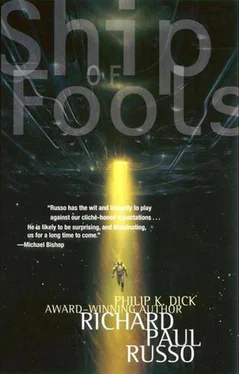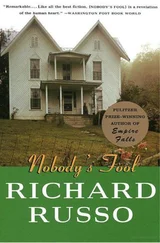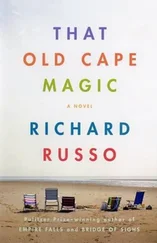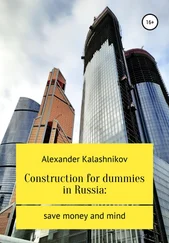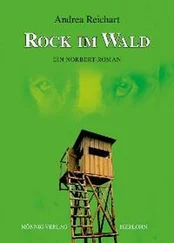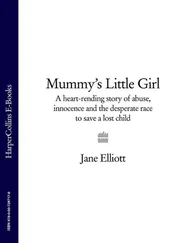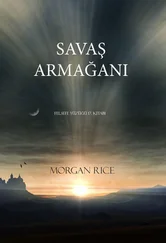“Who’s there?” she said again. There was no fear in her voice, but there was puzzlement.
The spell of the stained glass broke. “Bartolomeo,” I finally managed to say.
I used the jets to shift closer to her, and matched her drift until we were only a few meters apart.
“You followed me.”
“Yes,” I said.
I expected her to ask me why, but she didn’t. Her face was visible through her clear helmet, but her expression was indistinct. I could not even guess at what she was thinking or feeling.
“I wanted to see it one last time,” she said, turning back to the blazing images.
“One last time?” I said.
“I’m sorry, I didn’t mean it that way. Although it is possible I never will see it like this again.”
“I don’t understand.”
“We’ll be closing with the alien ship soon. Presumably we’ll be docking with it.” There was a long pause. “I will not illuminate this image while we are joined with that other ship. It would be blasphemous. Or at least indecent and disrespectful.”
“Have you changed your mind about the alien ship? Do you now think it is evil?”
Father Veronica shook her head. “No. But the terrible things that have happened in there…”
“Terrible things have happened on the Argonos .”
“That’s true. But they are our terrible things.” She turned back to me. “I don’t know if that distinction has any meaning to you, but it does to me.”
“I’m not sure it does,” I said. I glanced at the stained glass, then turned again to her, and finally asked her the question I had wanted to ask for a long time. “Either way, though, how is it that God lets these terrible things happen?”
She hesitated before answering. “That is a meaningless question,” she eventually said.
“I don’t understand. Isn’t that the kind of question the bishop and priests try to answer all the time?”
“I have beliefs somewhat different from others in the Church.”
“Having belief of any kind would be different from the bishop,” I said.
I thought I could see her smile. “Oh, the bishop has beliefs,” she said. “God just isn’t one of them.”
I was no longer surprised at her candor about the bishop. But I wondered if she would be equally so about herself.
“Tell me about your beliefs,” I said to her.
I thought she was going to say that her beliefs were a private matter, and that she would not talk about them. But then I caught the slow exhalation of a sigh, and she began to speak.
“When I was a child, everything seemed fairly simple and straightforward. I believed in a benevolent, all-knowing and all-powerful God who watched over us at all times, who acted upon our lives, who answered the prayers of the faithful. If it sometimes seemed that he did not answer your prayers, it was because your prayers were selfish or self-serving, or you had done something, or not done something, that made you unworthy.
“I’ll try not to be tedious with all the particulars, but from very early on, from the time I was six or seven years old, I wanted to be a priest. As soon as I could, I began my studies toward that goal. Bishop Soldano was Father Bernard at that time, and I studied under him for many years.”
We drifted in silence for a time; I could see the bright reflection of the stained glass in her suit helmet, but I avoided looking directly at the images.
“He was ambitious even then,” she went on, “though I only recognized it in retrospect. But I am fairly certain that his faith and belief were both strong and sincere during those years.” There was another brief pause. “I don’t know what happened to him later. It could have been something similar to what happened with me, but I don’t think so.”
This time the pause was much longer and I sensed her reliving that period in her life. I wondered if she looked back on it with fondness, regret, or a sense of loss.
“There came a time of grave doubts,” she resumed. “I was in my early twenties, finally an adult, a grown woman, although I had not yet entered the priesthood. I was very close to taking my vows.
“There was no one thing that raised doubts within me, no one tragedy or horror. It was an accumulation of small, personal tragedies and miseries that I saw all around me, directly and indirectly, in all parts of the ship, in stories people told me, in the Church’s historical records as well as my own observations of daily life. There were so many people, good people with deep and abiding faith, who nonetheless suffered terribly in their lives—physically or emotionally, or both. People whose prayers never seemed to be answered.
“The most distressing, and troubling, were the children. Young, innocent children who could not have sinned, who could not even know what sin was, and yet who lived protracted, agony-filled lives, or died horrible, painful deaths. There weren’t many, but I couldn’t understand it for even one. Why did these things happen?” She slowly shook her head. “I had no answers. None.
“I could not reconcile these things with my earlier conception of a benevolent, all-powerful God who listened to our prayers and who interceded in our lives. The priests would tell me that the suffering was a test, or a lesson for us to learn from. Or, alternatively, that God’s ways were just too mysterious for us ever to understand, that applying any kind of logic or looking for rational reasons for why things happened was useless.”
She turned and looked directly at me. “I could not accept any of those answers. I still can’t. So I began to seriously doubt God’s existence. Or, I told myself, if God did exist, if he was omniscient and omnipotent, could intercede in our lives and ease or end our suffering, but chose not to, or in fact chose to make us suffer… then I wanted nothing to do with such a God.”
She stopped again, still looking at me, but I couldn’t read her expression. “Father Bernard recognized my growing doubts, even though I had not overtly expressed them to him. Actually, they were more than just doubts. I was ready to quit my studies and abandon my plans to become a priest. Father Bernard asked me into his chambers and talked with me at length. He encouraged me to take some time for myself—away from the Church, away from my studies, away from my family and friends. He encouraged me to meditate upon my doubts, upon my faith. Like Jesus, I went into the desert.”
She paused, and it took me some time before I made the connection.
“The Wasteland?” I said.
“Yes, the Wasteland. I spent ten days there, ten days in the desert. I packed food and water for two weeks, a sleeping pad, and nothing else. Not even a Bible.” Again she paused as if reliving her desert retreat. When she resumed speaking, her voice had a distant but sure quality to it.
“After ten days, I had what I can only describe as a revelation. An unconventional revelation, some might even call it heretical, for it differs from the standard Church doctrine. Some people might put it off to a fevered mind addled by heat and thirst and semistarvation, hallucinations caused by days of isolation. But it was so crystal clear to me, everything finally falling into place, and it all made sense to me at last. It felt right , it felt true . Most importantly, the understanding, the feeling of rightness, stayed with me long after I’d left the Wasteland and returned to my quarters. It remains with me to this day.”
I had to fight the urge to question her, to encourage her to speak.
“Free will,” she eventually said. “That’s what I finally understood. True free will.”
She looked away from me, although not toward the stained glass. It was as if she was staring into the depths of space, into the depths of time.
Читать дальше
